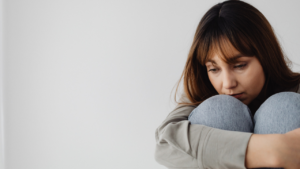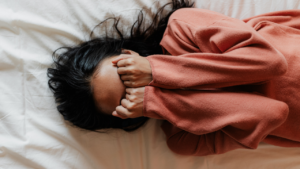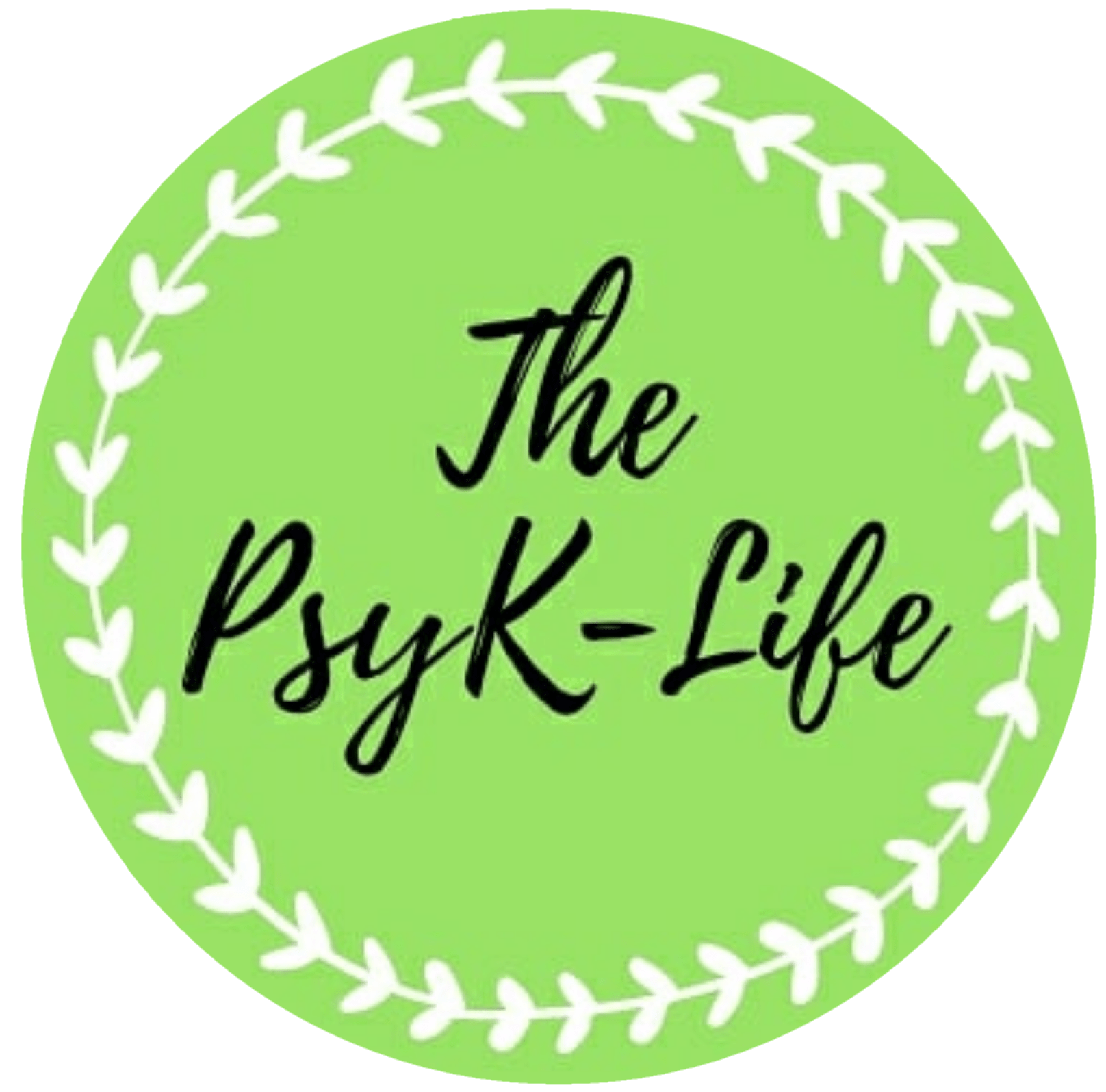Stigmatised as it is, mental health illnesses are very prevalent in India. The society may choose to dismiss the existence of psychological issues but it cannot change the statistics of the very common mental health issues faced by Indians living in India. Right from stress to psychological disorders, they are going through it all and treating it as a taboo is only making it difficult for an average Indian to overcome it or heal from the underlying trauma.
According to the World Health Organisation (WHO), India accounted for nearly 15% of the global mental, neurological and substance abuse disorder burden.
India greatly suffers from the two most talked about and ignored issues – depression and anxiety. From early teens to late adulthood, depression and anxiety symptoms can be easily observed at the surface without in depth diagnosis. From my research, history if this land plays a great important role in depression and anxiety being a part of a common Indian’s personality. A great part of these illnesses is passed on genetically from either side (maternal and paternal) of an individual.
According to a research conducted by the National Mental Health Survey (NMHS), about 10% suffer from common mental disorders (CMD) such as depression, anxiety, emotional stress and suicide risk, as well as alcohol and drug use.
To cope up with these two mental illnesses, we must understand where it comes from. Once people are aware about it, normalising it would be easier. One does not have to go through deep trauma to be depressed or anxious. These issues can be simply passed on through genetically and any minor incident might make one more likely to be depressed or anxious.

Key Facts about Depression by WHO
- Depression is a common mental disorder. Globally, it is estimated that 5% of adults suffer from depression.
- Depression is a leading cause of disability worldwide and is a major contributor to the overall global burden of disease.
- More women are affected by depression than men.
- Depression can lead to suicide.
- There is effective treatment for mild, moderate, and severe depression.
Depression is more than just “feeling sad or low”. It is a result of being in a situation which is affected by social, psychological, and biological factors. Adverse and traumatic life events can lead to stressful life and cause depression or worsen it.

Anxiety is as normal as a cough and cold. It exists even if a person is mentally healthy. It is important to understand that anxiety is the very response to fear and stress. It is a neurological response of our fight and flight system. Knowing and understanding our anxiety and the level of it will help us take care of it before it becomes a serious disorder. Anxiety is your body telling you that you are in an unfamiliar or stress causing situation. Unless one does not understand what is anxiety, you will not be to take the right action and end up feeling confused and experience irritation and frustration.
Anxiety can be caused by situations as common as
- Driving
- Working in a stressful environment
- A very demanding college schedule
- Overwhelming work responsibilities
- Traveling
Why should you know about how common depression and anxiety is?

The answer is simple. To diagnose it and treat it before it becomes a serious mental illness and an onset for major disorders. Depression can lead to much serious issues like suicide and drug abuse. Anxiety is the root cause for panic attacks and several triggers that you developed subconsciously.
Living in a society where mental health issues are yet to be talked about openly, learning and understanding about the common mental illnesses will help in reducing the seriousness or the intensity of the illness. Learning about depression will enable people to stay away from such situations that can sink you into a state of low mood. Learning about anxiety will help in understanding our triggers and fears so we can take charge of how to act when experiencing anxiety. This will in turn result is a healthier mental state and improved physical health.
-Written by: Rukhsar




